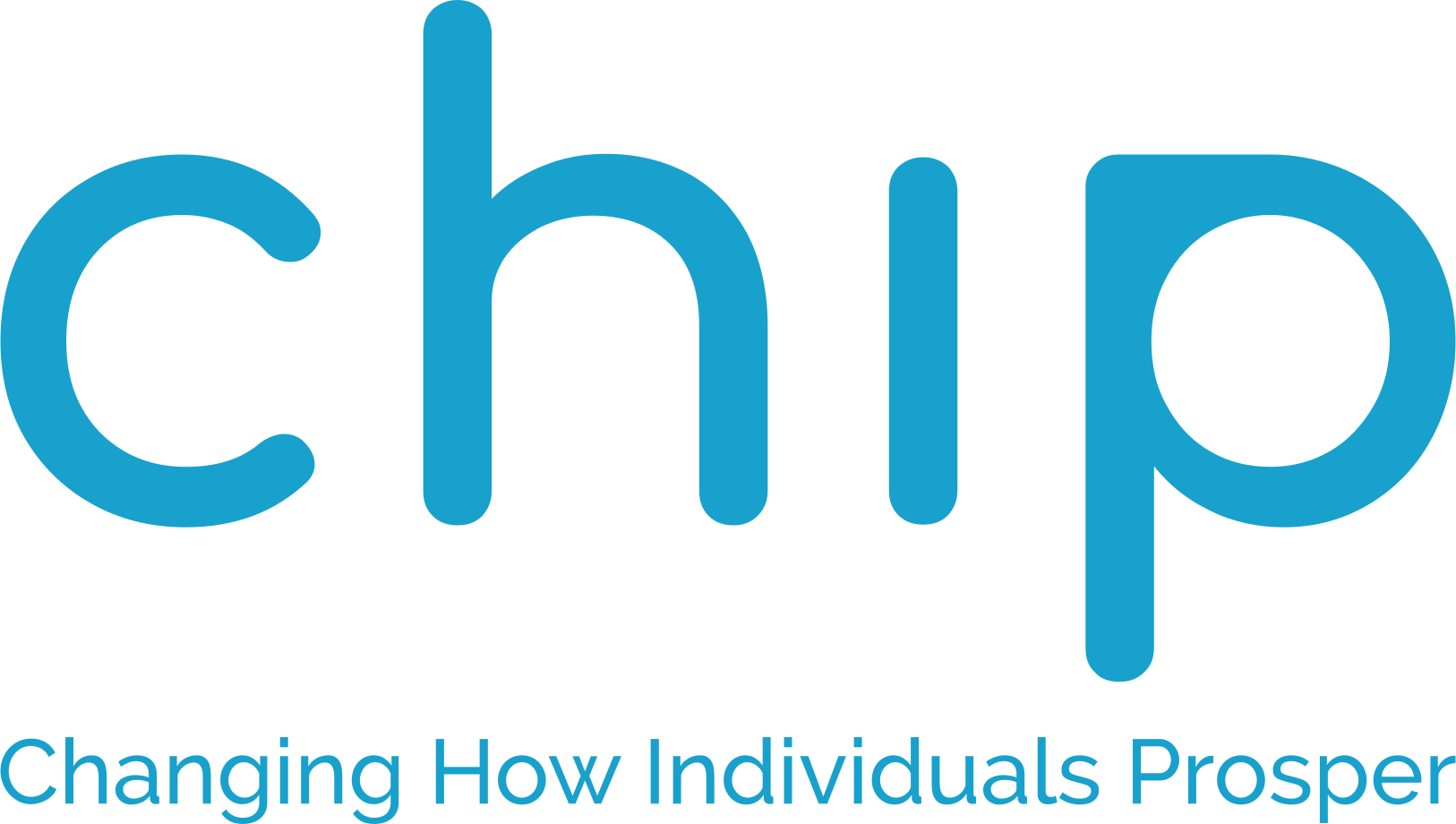

Estate Planning is Not Just for the Elderly: Why You Should Start Now
Introduction
When many people hear the term estate planning, they immediately think of retirees preparing for the end of life. But, in reality, estate planning is something all professionals—no matter their age or current wealth—should start thinking about sooner rather than later.
Why? Because planning for your future while building your wealth creates security for your loved ones, minimizes financial risk, and offers peace of mind. And for someone like Gloria, balancing career success, family well-being, and the dream of generational wealth, putting off estate planning can lead to unnecessary stress or missed opportunities.
This post explores what estate planning is, why you need it now (not later)—no matter your stage in life—and the clear steps you can take to secure your financial, legal, and personal future.
What is Estate Planning, and Why Does it Matter?
Estate planning is the process of organizing your financial and legal affairs for the future—protecting both your assets and your loved ones. It involves considering how your wealth will be distributed, who will manage it, and what safeguards are in place for unforeseen events.
Sounds complex? It doesn’t have to be. Estate planning includes tasks like:
- Drafting a will for your assets.
- Appointing a guardian if you have dependents.
- Formalizing healthcare directives for emergencies.
For individuals like Gloria, who dream of financial security for their families or creating generational wealth, estate planning ensures those dreams are backed by solid legal structures. Without it, you risk leaving your family unprepared or your hard-earned wealth tied up in avoidable legal issues.
Why You Shouldn’t Wait Until Retirement
It’s tempting to think of estate planning as something to tackle “later.” But life happens fast—it’s better to be proactive than reactive. Here’s why starting early matters:
- Avoid Financial and Legal Pitfalls
Life is unpredictable, and without an estate plan, your assets could be tied up in probate (a lengthy and expensive legal process), leaving your loved ones in financial limbo.
- Protect Your Legacy
Building wealth is one thing; ensuring it benefits your family for generations is another. Starting young allows you to strategize how your assets will grow and be passed down, rather than just dispersing them arbitrarily.
- Minimize Taxes
Strategic estate planning can help reduce potential tax burdens—saving more of your wealth for your family and less for the IRS.
- Gain Peace of Mind
Knowing your affairs are in order gives you the freedom to focus on other priorities, from career goals to making cherished memories with loved ones.
How to Start Estate Planning in 6 Simple Steps
Estate planning sounds intimidating, right? The good news is that you can break it into manageable steps. Here’s how to get started:
1. Evaluate Your Current Financial Situation
Take stock of your assets, debts, and sources of income. Consider things like real estate, savings, retirement accounts, and any valuable personal items.
Pro Tip: Use simple budgeting tools to organize all your financial details in one place.
2. Decide on Beneficiaries
Determine who should inherit your assets. This typically includes family members, loved ones, or even charities. Be clear and specific—you don’t want confusion or disputes down the line.
3. Draft a Will
Your will ensures your wishes are legally documented. Without one? The state decides what happens to your assets.
Collaborate with an estate attorney to make sure your will meets legal standards while reflecting your unique wishes.
4. Appoint a Power of Attorney (POA)
Think of a POA as your legal backup. They have the authority to act on your behalf in financial and legal matters if you’re unable to make decisions. This adds an extra layer of protection against unexpected circumstances.
5. Consider a Trust
If you are serious about building generational wealth, setting up a trust is key. This legal entity allows your assets to bypass probate, saving time and taxes. It also gives you control over how and when your wealth is distributed.
6. Update Regularly
Life changes—marriage, children, promotions, property purchases—they all affect your estate plan. Review it at least once a year to ensure it aligns with your goals and current situation.
Tips for an Effective Estate Plan
To make the most of your estate planning efforts, keep the following in mind:
- Build Your Team
Work with professionals like estate attorneys, financial advisors, and tax planners who understand your unique needs. Building a team you trust will make the process smoother and more comprehensive.
- Focus on Representation
Seek advisors who understand your cultural and personal values. Representation matters, especially for first-generation wealth builders who may feel underrepresented in mainstream financial planning conversations.
- Leverage Digital Tools
There are simple, user-friendly platforms that can help you organize documents or even draft basic wills online.
- Discuss Your Plan
Don’t keep your estate plan a secret—start conversations with your family. Transparency ensures they understand your wishes and helps prevent misunderstandings.
Final Thoughts
Estate planning isn’t just for the elderly or ultra-wealthy. It’s for anyone serious about financial security and leaving a legacy—and that includes you. By taking small, intentional steps today, you can protect and grow your wealth for the people who matter most.
At Cultural Coins, we specialize in helping people like Gloria secure their futures with confidence. Need guidance on where to start? Our trusted financial experts are here to help you build an actionable plan that reflects your goals, values, and legacy dreams.
Your wealth is worth it. Start building your future today and take control of your financial narrative. Book a free consultation with a financial advisor!
